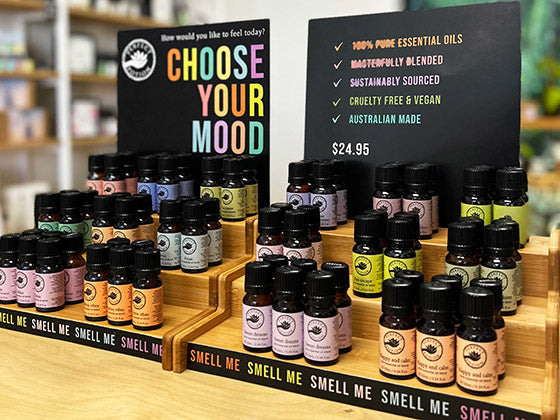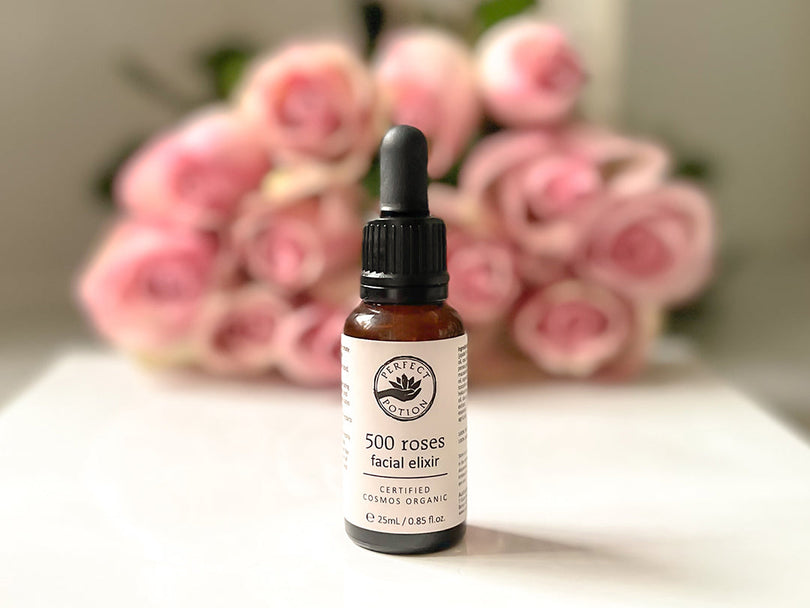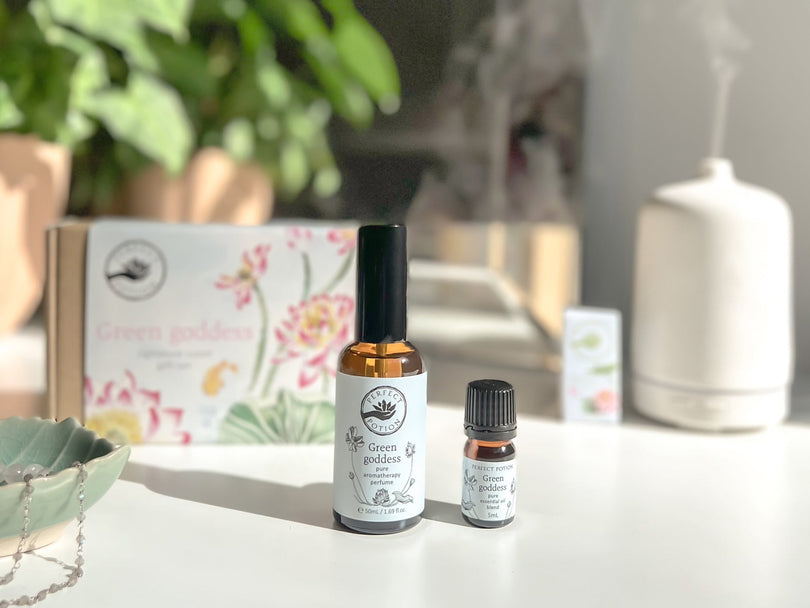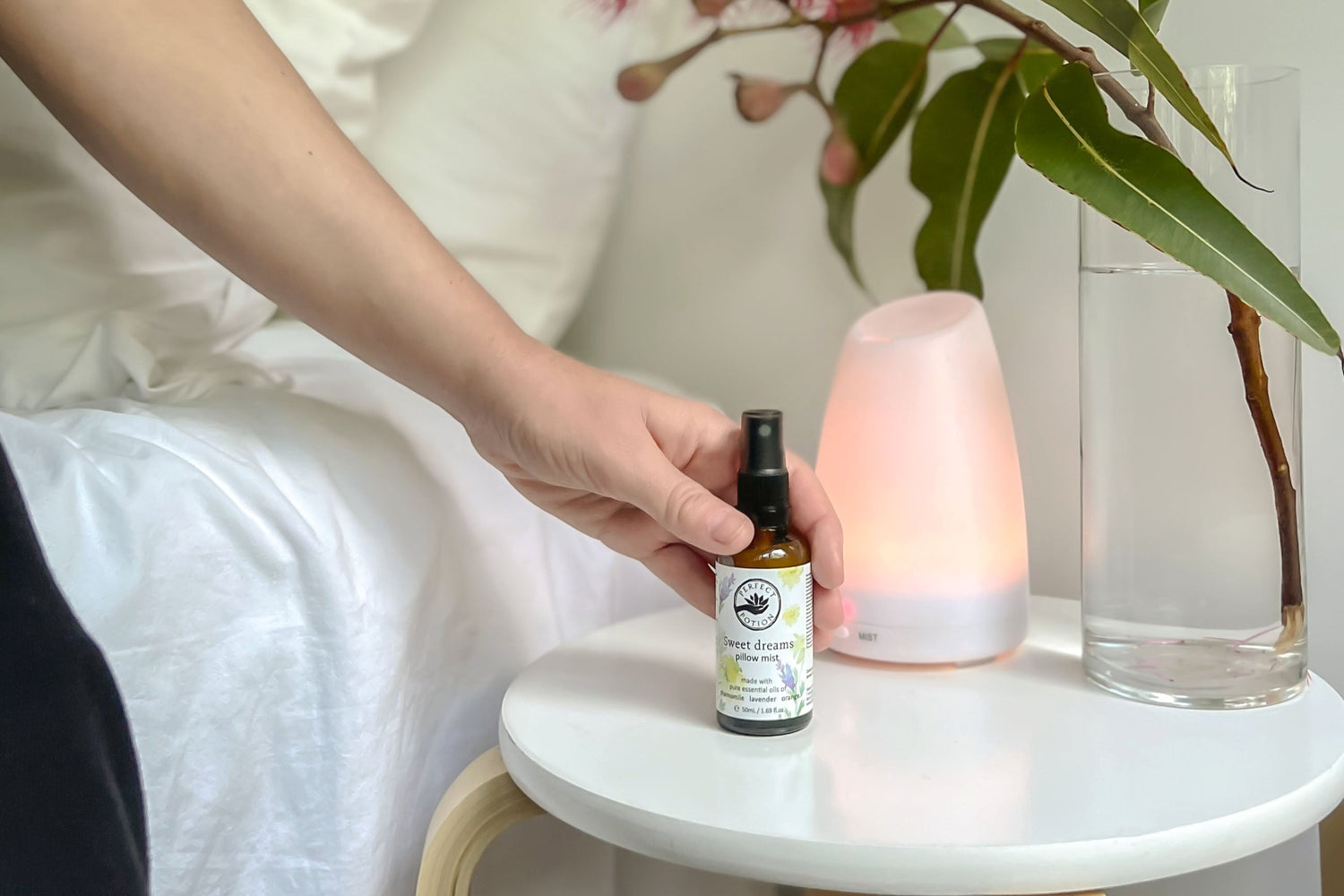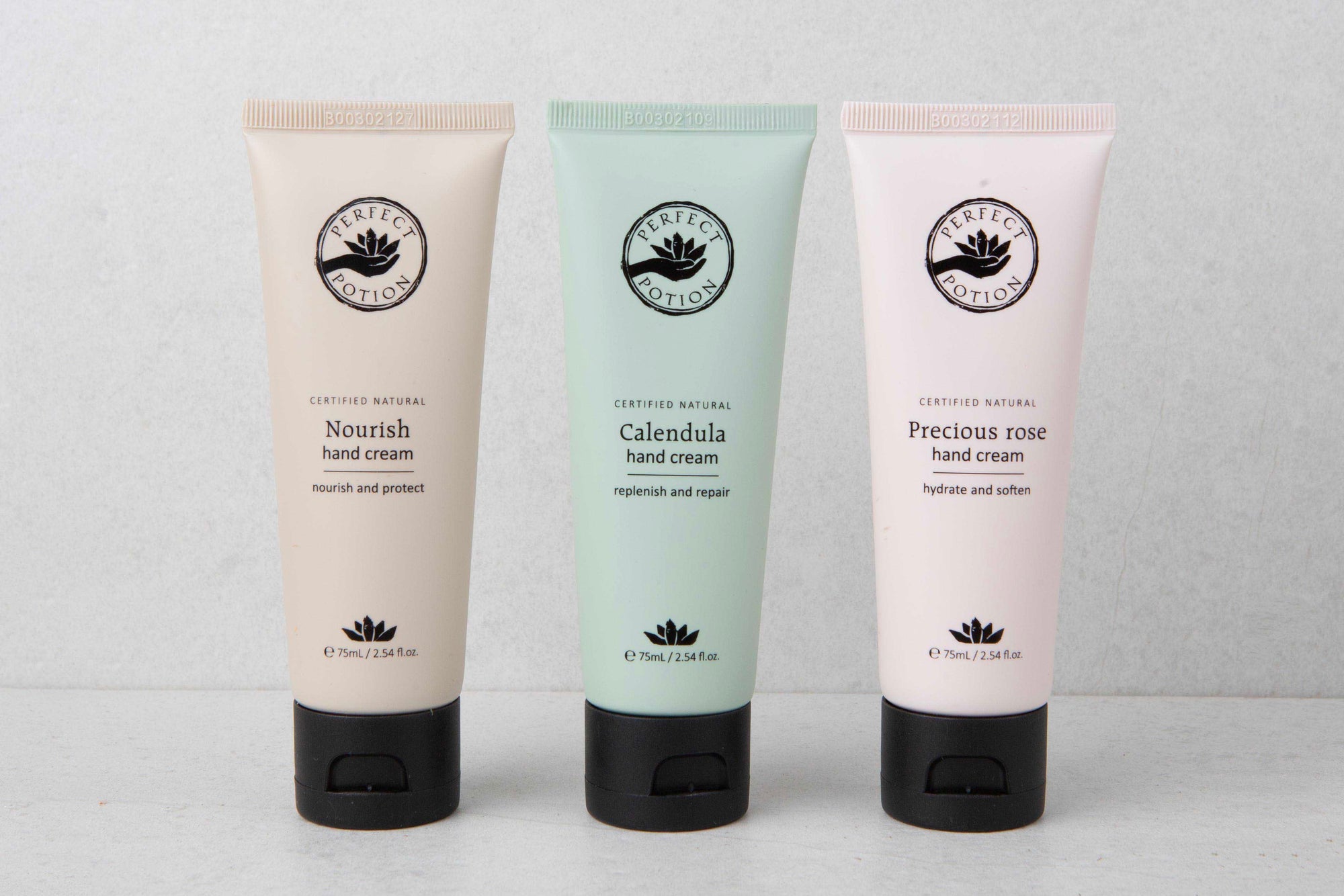
While many studies have confirmed that essential oils such as lavender improve our sleep, the mechanisms are still poorly understood.
Indeed, the research into sleep and the impact of sleep on our wellbeing are still ongoing and not fully understood. Russell Foster, Professor of Circadian Neuroscience and author of recently published book, Life Time – The new science of the body clock, and how it can revolutionize your sleep and health, provides us with the latest research into the role of our body clock, and how living out of sync with our 24-hour biological clock will not only disrupt our sleep; it also makes us more vulnerable to infection, cancer, obesity, type 2 diabetes, heart disease and mental illness.
Christopher Palmer, Assistant Professor of Psychiatry and Harvard Medical School explains that sleep allows our bodies and brains to enter a ‘rest and repair’ state. When we sleep, the metabolic rate and temperature of the body decline, allowing cells to perform maintenance functions and much needed repairs vital to short-term and long-term health. During sleep our brain also undergoes many neuronal changes that play an important role in learning and memory consolidation. Without sleep, cells will fall into a state of disrepair and begin to malfunction.
What do we mean by enough sleep?
In order to assess the quality of your sleep please answer the following questions;
- Are you getting seven to nine hours sleep every night?
- Do you sleep well through the night?
- Do you wake up feeling refreshed?
- Are you able to sleep well without the use of pills or substances?
- Do you feel reasonably awake and alert throughout the day?
If you answer no, to any of these questions then you may be experiencing poor quality sleep.
Whether you suffer from insomnia or sleep deprivation (that means you are getting less than 7.5 hours of sleep) for more than 3 or more nights then you are not getting enough sleep and it will have immediate and long-term impacts on your health.
A consensus from population-based studies drawn from different countries suggests that approximately 30% of adults have reported one or more of the symptoms of insomnia, difficulty initiating sleep, difficulty maintaining sleep, waking up too early, and non-restorative or poor-quality sleep.
Individuals with chronic sleep loss reported excess mental distress, depressive symptoms, anxiety, and increased alcohol use. Individuals also have difficulty concentrating, memory problems and difficulty focusing attention. There is now extensive research linking poor sleep with impaired brain plasticity which affects memory and may lead to neurodegenerative diseases such as Alzheimer’s Disease. Sleep plays an important role in inducing repair, restoration and detoxification of the brain.
Studies confirms that sleep disturbances contribute to increased inflammatory disease risk, and that sleep disturbance and inflammation are both associated to have a role in depression.
It has also been reported that good sleep is associated with a reduced infection risk, and can improve infection outcome and improve vaccination response.
There are many holistic strategies for promoting healthy sleeping. These include physical activity, healthy eating, mindfulness activities, yoga, herbs and of course, aromatherapy.

The calming, soothing, harmonizing and anxiolytic activity of essential oils makes aromatherapy very effective for treating insomnia. One of the most commonly used essential oils for relieving insomnia is lavender.
Other essential oils that are often recommended for sleep disorders include bergamot, Roman chamomile, clary sage, geranium, fragonia, lavender, sweet marjoram, mandarin, melissa, neroli, petitgrain, sweet orange, bitter orange, rose, sandalwood, spikenard, valerian, vetiver and ylang ylang.
You can simply add a drop or two of any of the above essential oils to your pillow or you may want to use these oils or a blend in a vaporiser, a warm bath before bedtime or in a massage oil.
Lavender oil is without a doubt the most studied essential oil for the treatment of insomnia. Many of the studies involve the inhalation of lavender, some studies examined the application of lavender with massage.
Lavender works very well with other essential oils in a blend to promote a restful night sleep and reduce anxiety.
Don’t know where to start? We have done the hard work for you and have a selection of essential oil blends and body products which are masterfully blended to help you wind down for sleep.
References
Battaglia S. The Complete Guide to Aromatherapy. Second edn, Black Pepper Creative, Brisbane, 2003.
Palmer B. Brain energy. Ben Bella Books, Dallas, 2022.
Foster R. Life time – the new science of the body clock, and how it can revolutionize your sleep and health. Penguin Life. Great Britain, 2022.

